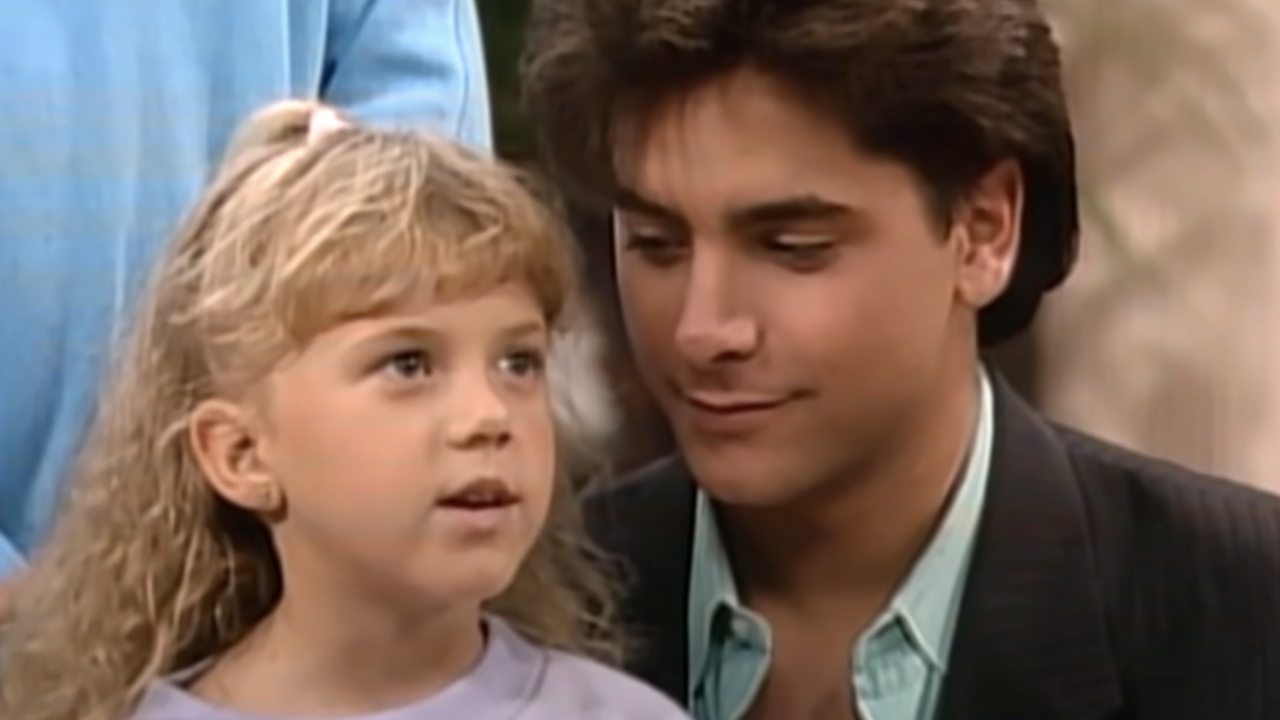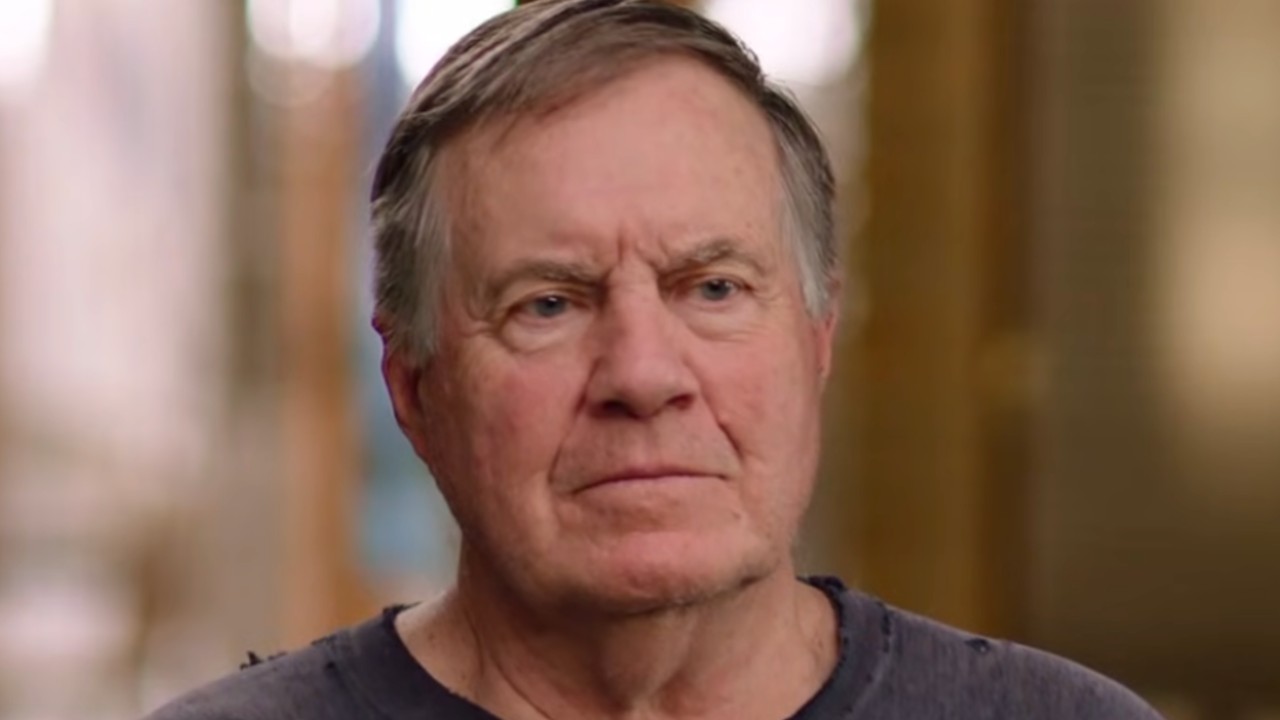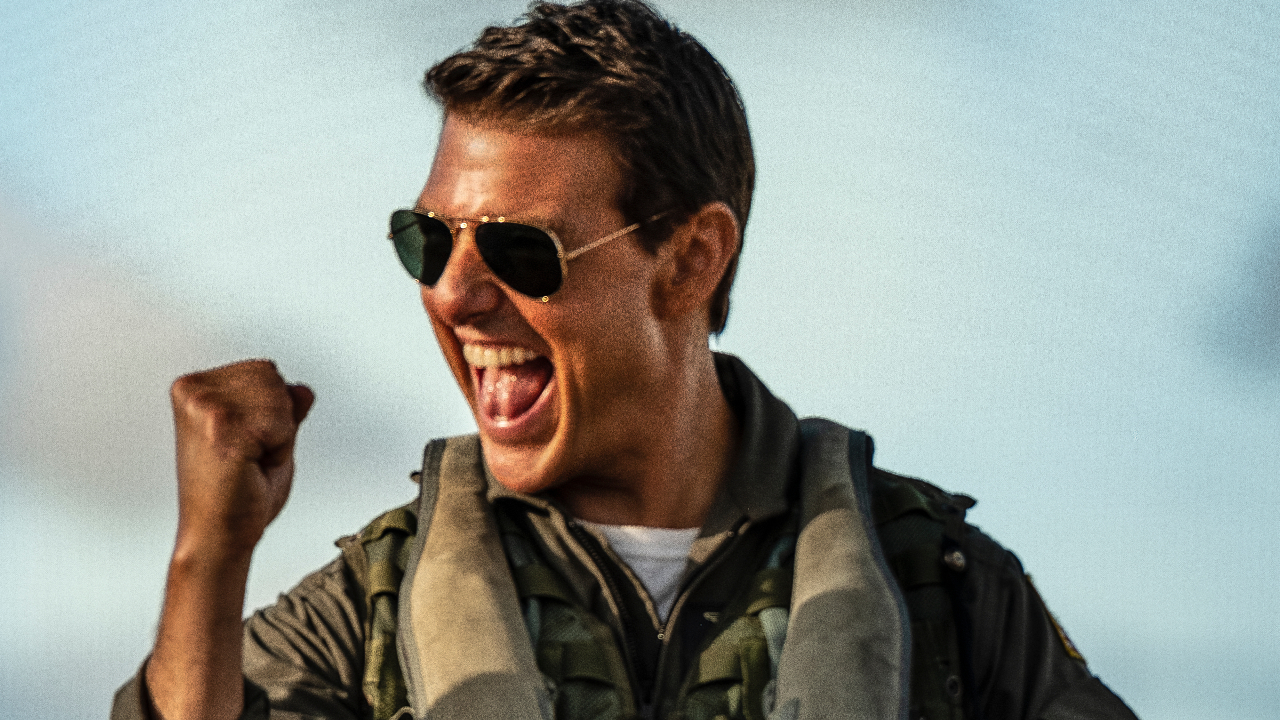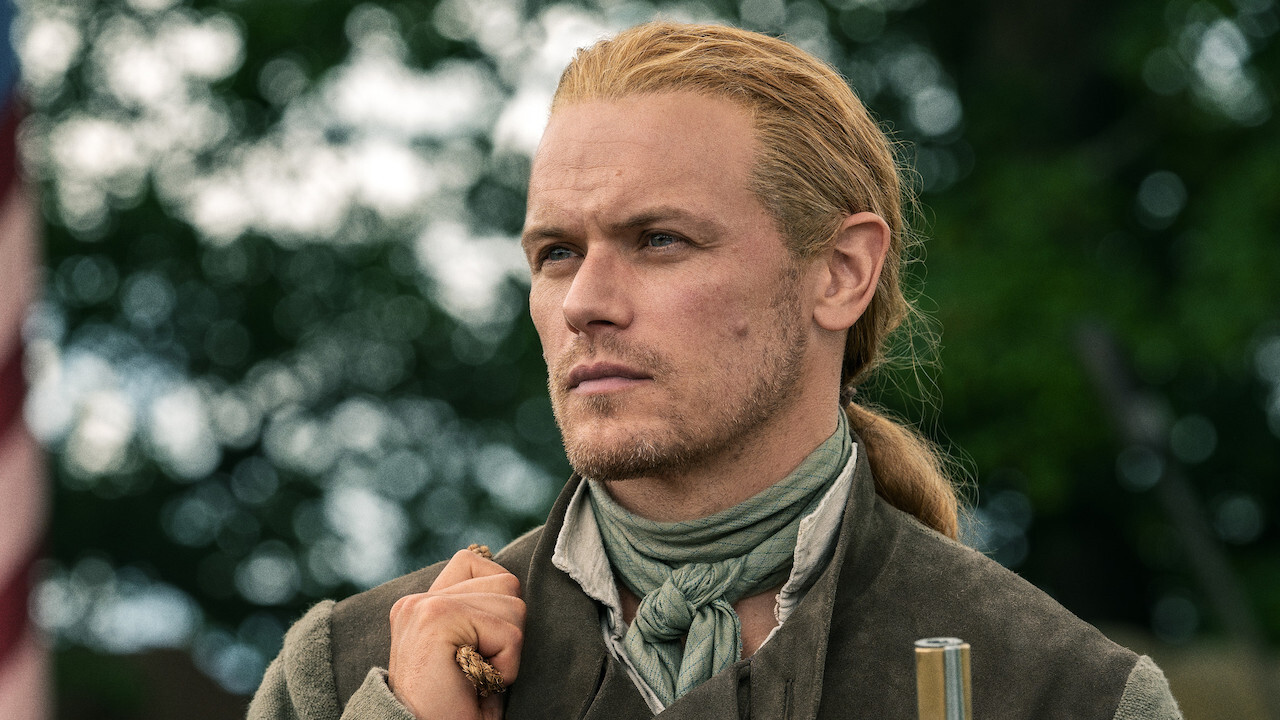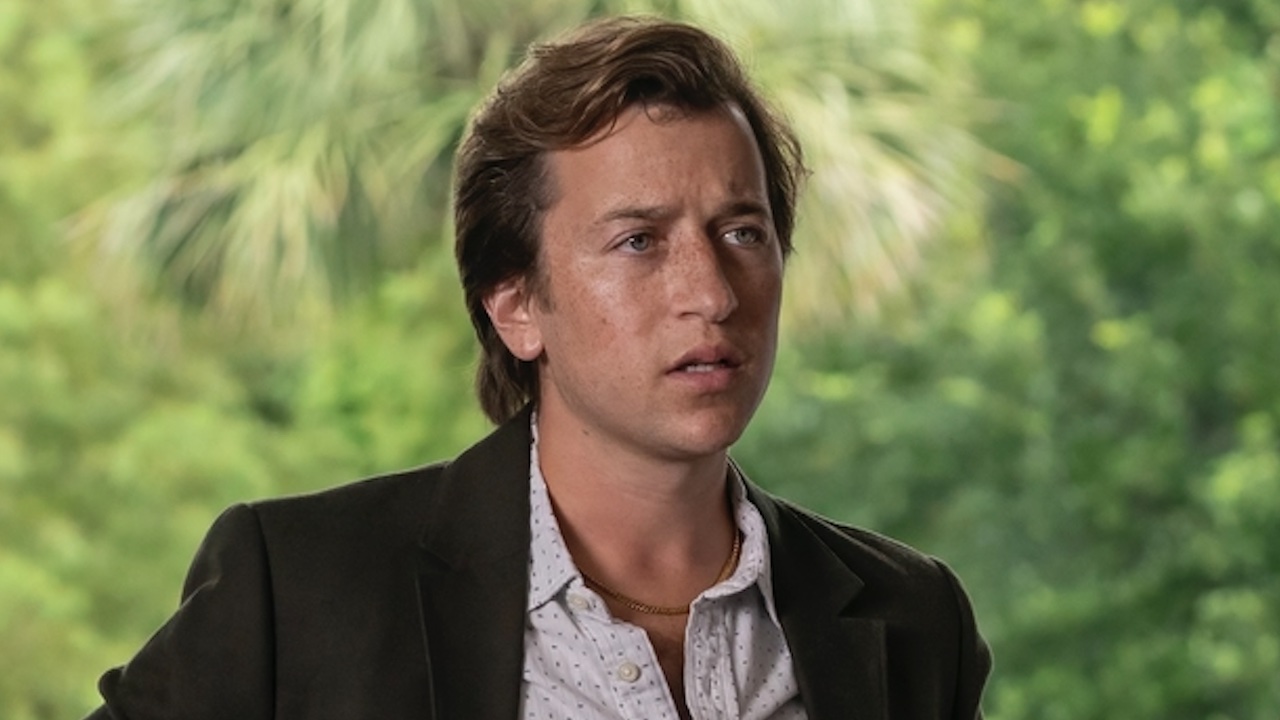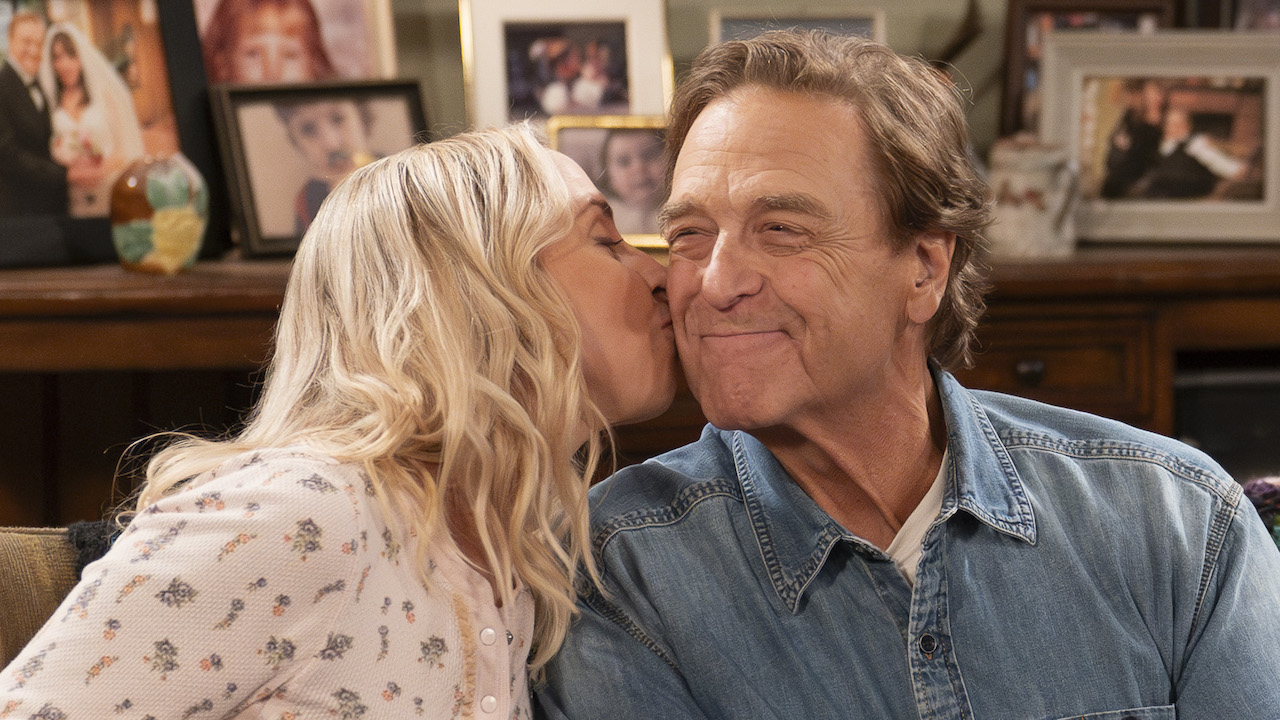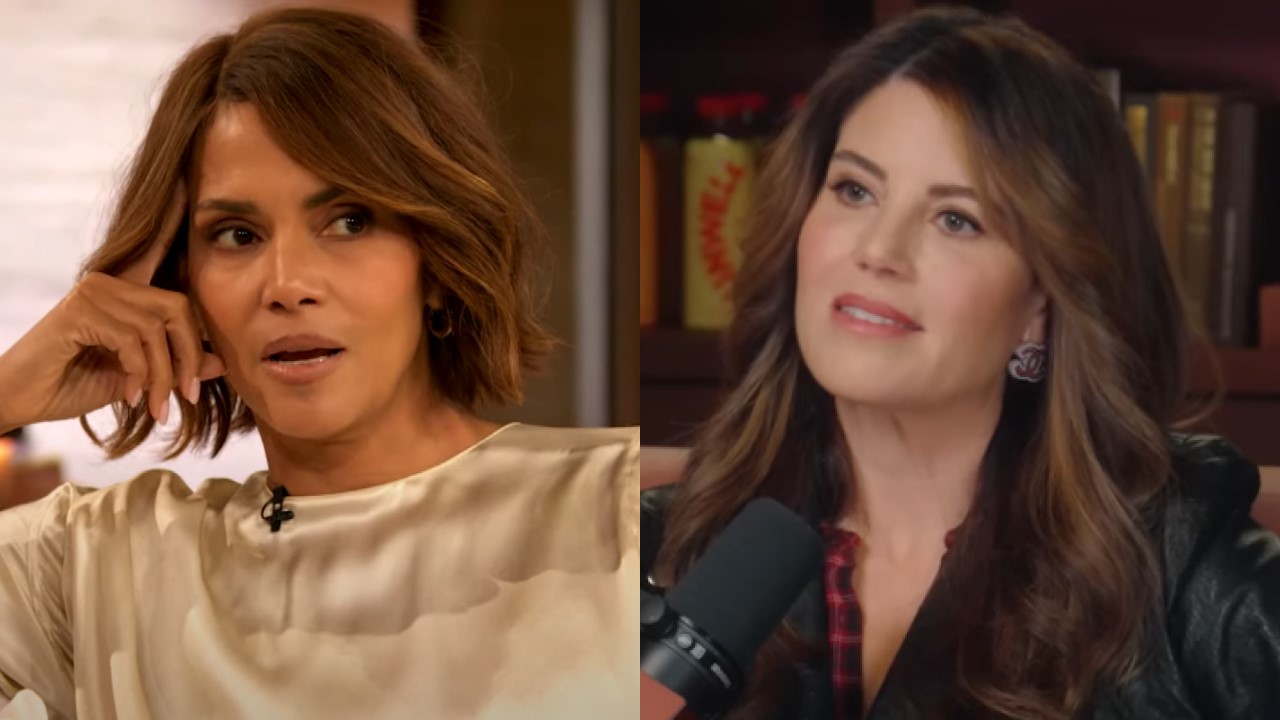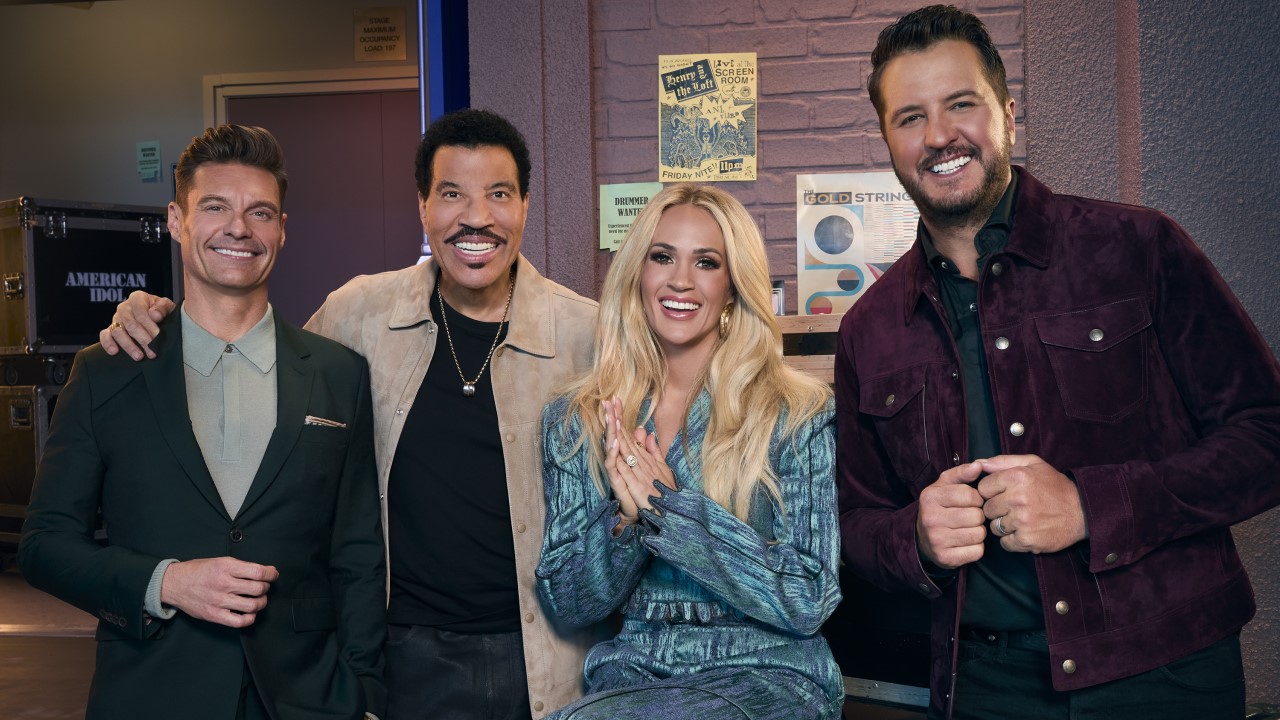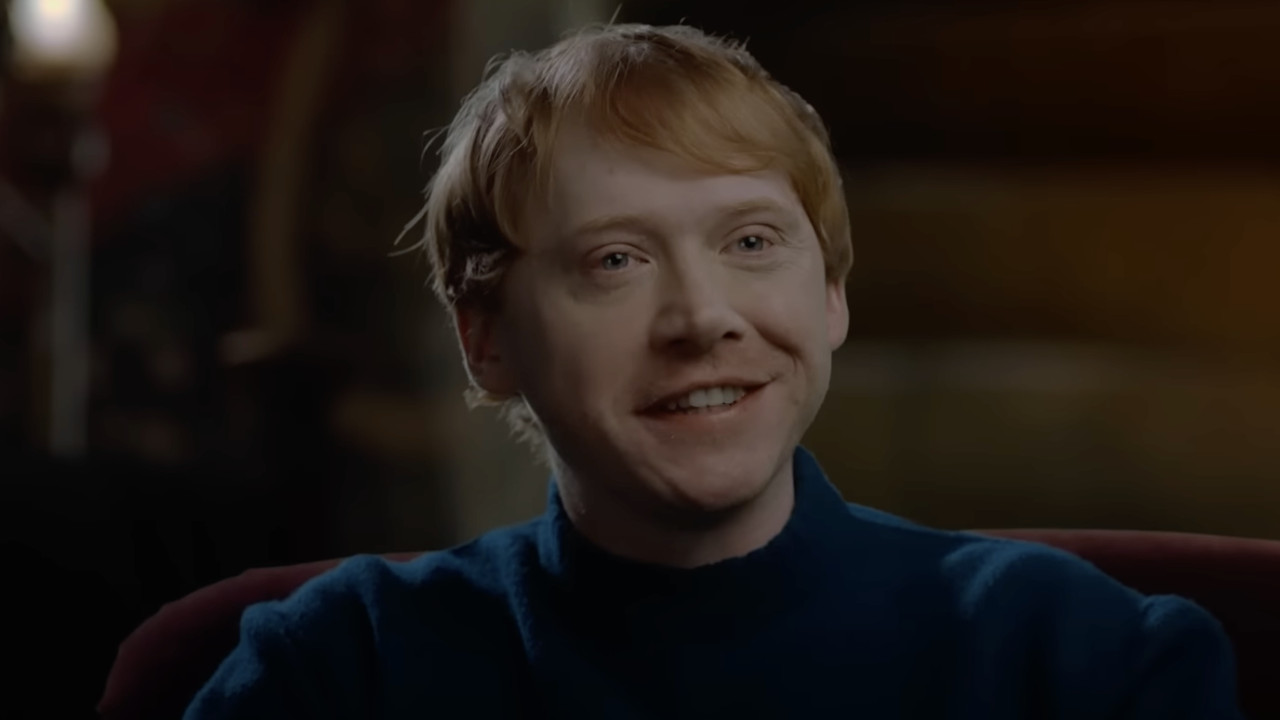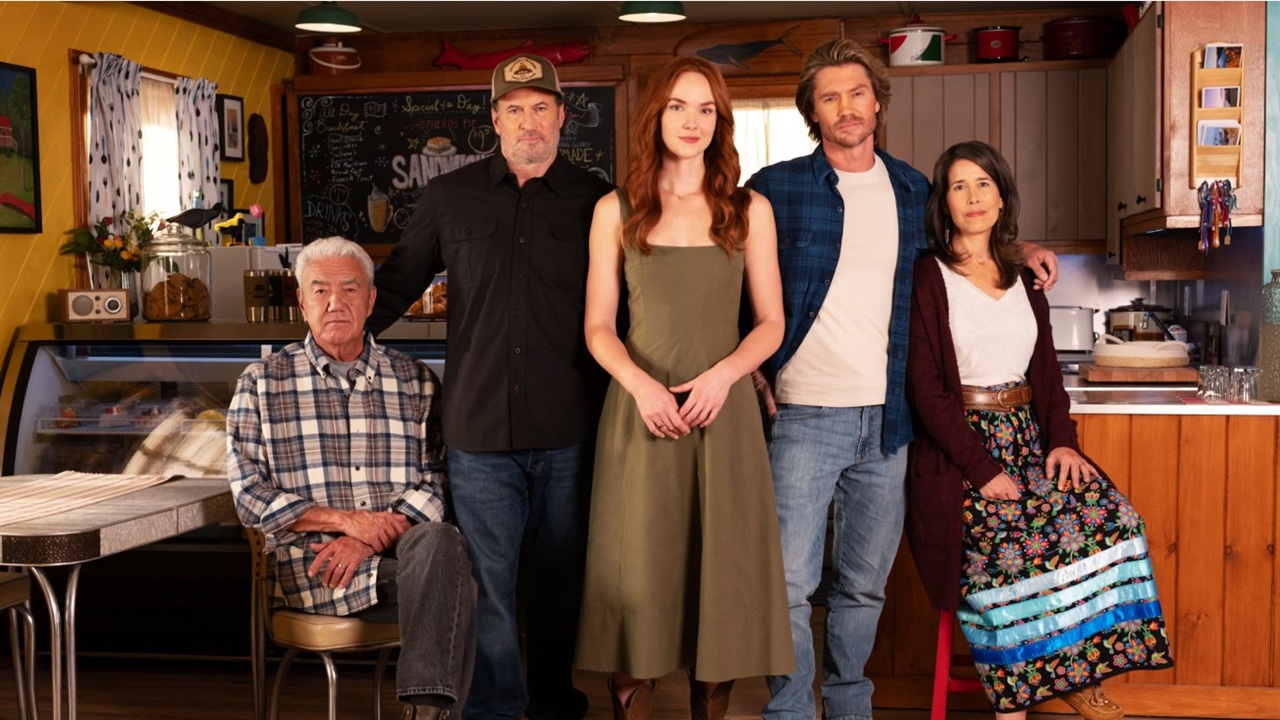Interview: Ewan McGregor
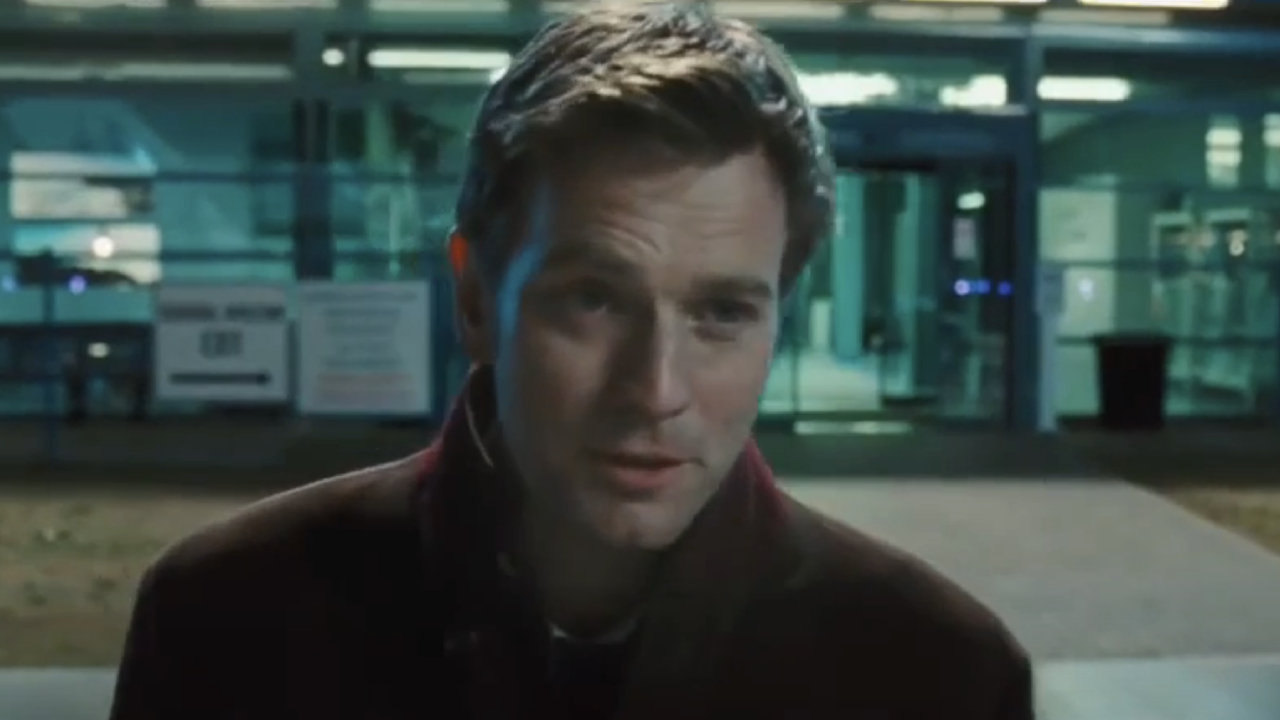
Over the course of his acting career, Ewan McGregor has done just about everything-- wielding a lightsaber, chopping up his roommate into tiny pieces, running away from fireballs created by Michael Bay, having lots and lots of sex with Tilda Swinton, and plenty more. A political thriller like The Ghost Writer might seem tame by his standards, but oh no. Not only is it directed by Roman Polanski, the director as famous for his knack for tension onscreen as his legal battles offscreen, but The Ghost Writer tackles hot-button issues like extraordinary rendition and illegal torture, punishing politicians for past crimes, and a sex scene with Olivia Williams.
Earlier this week I got the chance to talk to McGregor about his role in the film, and being the affable guy he is, he was also happy to talk about starting his career with Danny Boyle, his experience making The Island with Michael Bay, and yes, that reputation for nude scenes. Read all about it below. The Ghost Writer opens tomorrow.
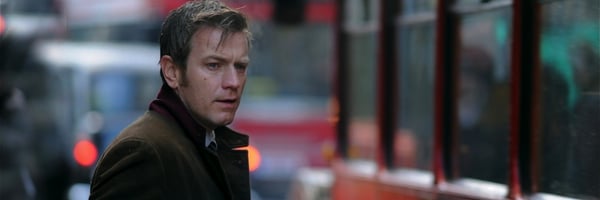
On blockbusters vs. edgier films
Since The Island you've shied away from summer blockbusters. Is there a reason for that?
No, I'm not really offered them. I suppose that the studio system is about figures, isn't it, and money. Maybe I don't score highly enough to be a lead in those films. I don't often get offered them. The Island was interesting. I liked that film. I think it was unfortunate, it was time to knock him-- Michael [Bay]-- and it was unfortunate that I was in the film that he made then, when it was his time to be knocked. I think probably it wasn't the most knockable film that he's made, you know? I thought it was all right, I thought it was quite good. It seemed to be that time. That's fine, it doesn't matter. It's quite exciting to go to work on a big movie like that. There's something quite fun about being on those big sets, and certainly some of them working with great people.
What aspects of your personality draws you to darker, edgier roles?
I'm just more interested in it I suppose. I don't have any criteria when I'm choosing stuff. I don't have any game plan. I'm fortunate enough to take stuff on a bit of a whim. Sometimes I feel like doing smaller budget stuff. When I did Young Adam, for instance, I'd come out of Black Hawk Down and The Island, and I really wanted to be on a small film set. I wanted to be on something intimate and small again, and then Young Adam cropped up in a pile of scripts I was sent. I'm lucky enough that financially I don't have to feel obliged to go for the bigger stuff. I like the stories and scripts to dictate if I want to do them.
CINEMABLEND NEWSLETTER
Your Daily Blend of Entertainment News
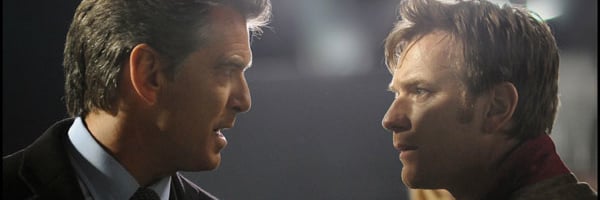
On The Ghost Writer and its politics
A lot of this movie is you by yourself, observing other people. How much pressure does that put on you?
I suppose there is. The fact of playing a leading role like this, there is that pressure of carrying the film. But at the same time, it's kind of the pressure you look for all your life. When you read a leading role like this, they come along every once in a while, and they're amazing parts. The pressure becomes a pleasure. When you get the privilege of working alongside [Roman Polanski] every day for what was four months almost, I think, you're in good hands. The ghost was a part to underplay, so I felt like it wasn't a very heavy weight. He's there and he's present, he's asking questions ,he's discovering things, but he was the kind of character, this unimpressed character. There was a fuck it quality about him, he's not that bothered by things.
How did you develop the character with Mr. Polanski?
I would have just played the ghost with my accent, I would have played him as Scotsman. I spoke to Roman about that, and he said no, he had to be English. [A few days before shooting] we sat down and read some scenes, and he didn't pay much attention to the accent. He was very picky about how I was saying the lines. Right from the word go, [doing a Polanski impression] 'No, no, why would you read it like this!' And he'd read the whole scene. After about four or five times reading it, he said 'yes! Yes, you see?' I didn't see. I didn't know what I had done differently, other than that I as a little more frightened than I was a minute ago. This is just Polanski's way, he's picky picky picky like that in rehearsal, and then when we start shooting he's much freer.
The film has an undercurrent of political critique. Can you talk about that?
It's just become more and more current as we've gotten closer and closer to the film coming out. British politics is trying very hard to mimic our movie. It's been suggested that the CIA are running our publicity campaign. The book was written three or four years ago, we made the film a year ago. One of the central elements of our plot is Adam Lang is accused of committing war crimes, and will have to go in front of the Hague and explain himself and be put on trial. Two weeks ago Tony Blair sat in front of the committee and had to talk about his decision making and taking Britain into that war. A week ago there seemed to be revelations about rendition flights touching down on British soil. It just seems to be that these things Robert Harris was writing about at the time, maybe they were as obvious then as they are now.
If our film states that politicians have to be accountable for their decision making and aren't above the law, then I'm very proud of that and happy to be in a film that has that message. I don't know what will become of the information that Blair gave. But it still is right that it should happen. I'm sure we'll never see Bush having to sit in front of a committee and have to answer for his decision making, which is a shame.
This movie and I Love You Phillip Morris have had very circuitous paths to getting released. Does that get you more involved in the marketing and release process?
I think my attitude toward it has changed slightly. I think you can stand by a movie. Whereas in the past I might not have felt that that was so important, or maybe I didn't believe it made a difference whether you did or not, but I think it does. The films I make, I want to stick by them more maybe now. Phillip Morris is a film that's taking a long time to come out, which is funny in itself.
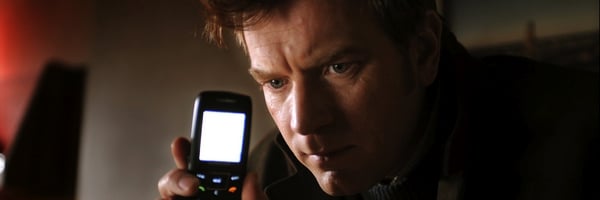
On the nude scenes
There's a brief naked scene in this film.
Yeah, it's amazing that people are talking about that. I get into bed. That's what I do in this film. The first time someone said, do you want to talk about your naked scene, I said there isn't a naked scene. I take my dressing gown off and get into bed, and it's considered to be a nude scene. I find it incredible. I don't know what to tell you other than that i take my dressing gown off, and you see my ass for like a second.
Do you think that's an American reaction, about the nude scenes?
No, because I got asked that question in Europe as well. It's literally I'm getting into bed. But the fact that it's a nude scene is incredible. I didn't even think about it at the time, I didn't think about it when I watched the film, it didn't cross my mind. But I've always had to answer questions about naked scenes, because I'm naked in some of the films I'm in. it's because they reflect life and in life people are naked.
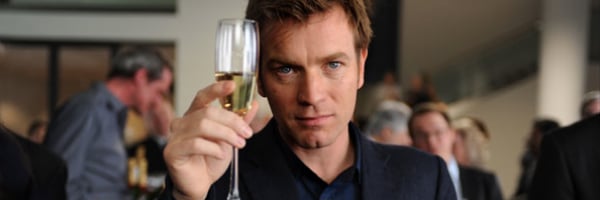
On Danny Boyle
Do you ever look back and marvel at how far you and Danny Boyle have come?
Yeah, I'm so lucky. I really value that I started with him. I loved working with him, and I think we had a very special relationship as an actor and director. There was something very unique about the relationship that we had. Being part of his filmmaking, being part of that group-- Danny, Andrew [Macdonald] and John [Hodge], who were the director, writer and producer of Shallow Grave, Trainspotting and A Life Less Ordinary, which are the films I made with them -- being part of that team was the most important thing in my life at that point. It was like an identity for my acting. Although, in between the films I made with them I went off and made films with other people, I was always his actor, and I felt like being part of that group was who I was as an actor.
Staff Writer at CinemaBlend
I've Always Wondered What It Would Have Been Like If Steve Rogers And Isaiah Bradley Shared A Scene Together In The MCU. Turns Out, Carly Lumbly Has Thought About Talking To Cap, Too
A Ghosts Star Shared His Hopes When It Comes To Ghosts Being 'Sucked Off,' And I'm Right There With Him

